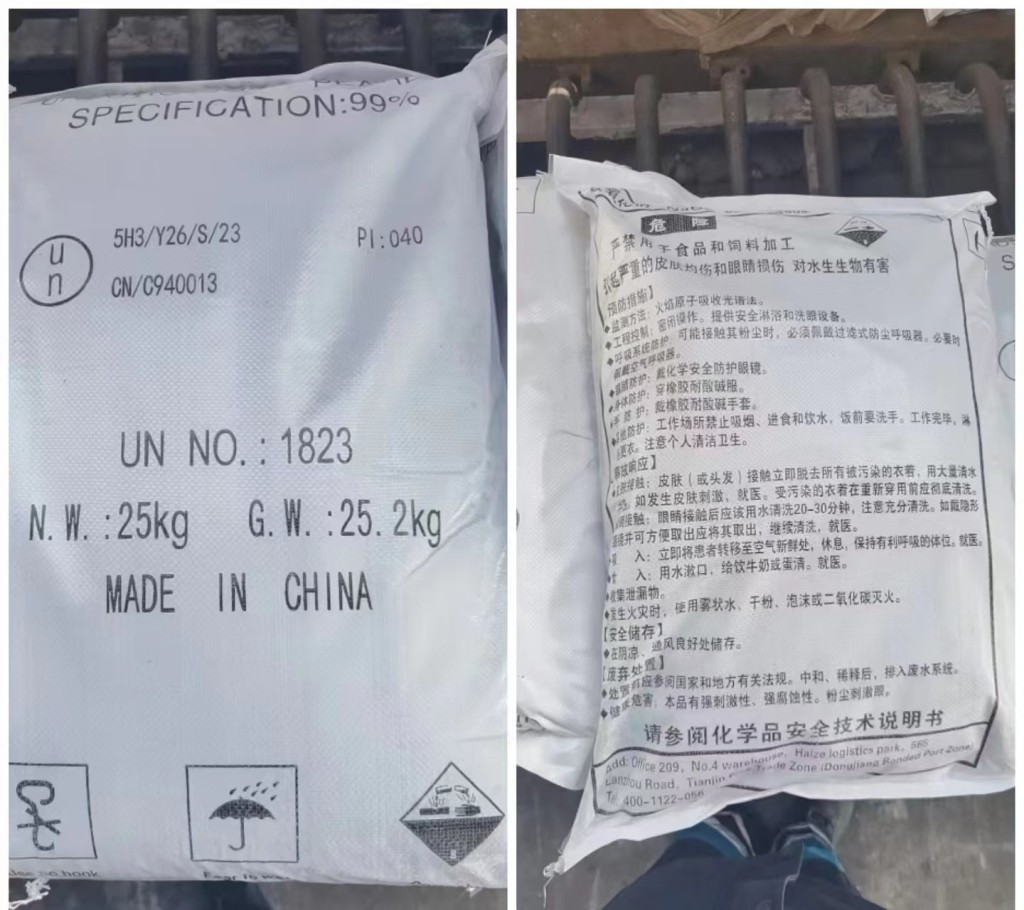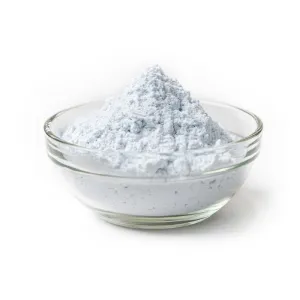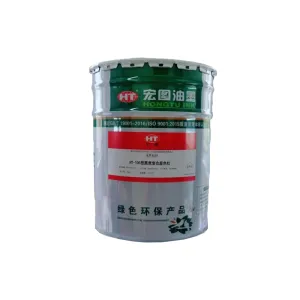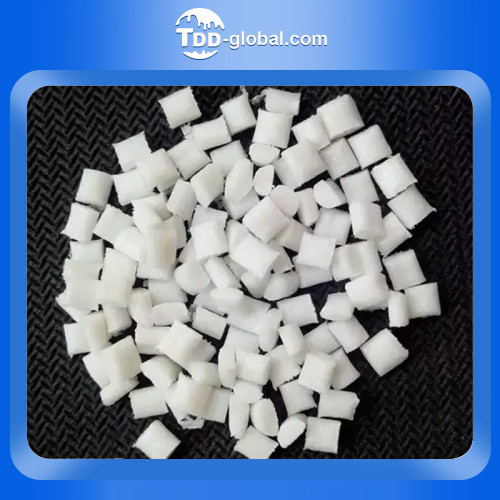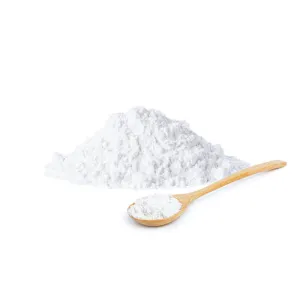A brief analysis of the cost of China’s talcum powder industry
China’s white talc resources are mainly produced in Liaoning, Shandong, Guangxi and other provinces and regions. The current production has reached its limit, and further expansion of production is unlikely. China’s black (gray) talc is mainly produced in Shandong, Guangxi, Sichuan, Jiangxi and other provinces. Although the current production is not large, once there is market demand, there is great potential to expand production.
China’s current annual output of talc is around 2.45 million tons. By region, Liaoning has 80-90%, Shandong has 50-60%, Guangxi has 50-60%, Jiangxi has about 10%, Sichuan has about 10%, and others have 30%. The market demand is about 2.1 million tons. Therefore, overall, China’s talc is still in a situation of oversupply. However, China’s production capacity of high-grade white talc raw materials is around 500,000 tons, which has reached its limit, and further increase in production is unlikely. The domestic and foreign market demand for high-grade white talc is at least 900,000 tons, so the supply of this part of talc will be short for a long time. The supply of low-grade talc, especially black (gray) talc, exceeds demand, so its output is still likely to increase further.
The future growth points of China’s talc industry lie in two aspects: 1. Increasing the added value of high-end raw materials; 2. Expanding the export or deep processing of mid- to low-end products. China is the world’s largest producer of white talc, but 80% of its products are exported abroad in the form of raw materials. Developing purification and deep processing and developing high value-added products will be the key issues that China’s talc industry needs to solve in the future. Only in this way can China’s talc production capacity be further expanded, and a large number of medium and low-grade talcs can find new markets.
Recommended Suppliers
 June 3, 2024
June 3, 2024  June 3, 2024
June 3, 2024  June 17, 2024
June 17, 2024  June 18, 2024
June 18, 2024  June 18, 2024
June 18, 2024 

